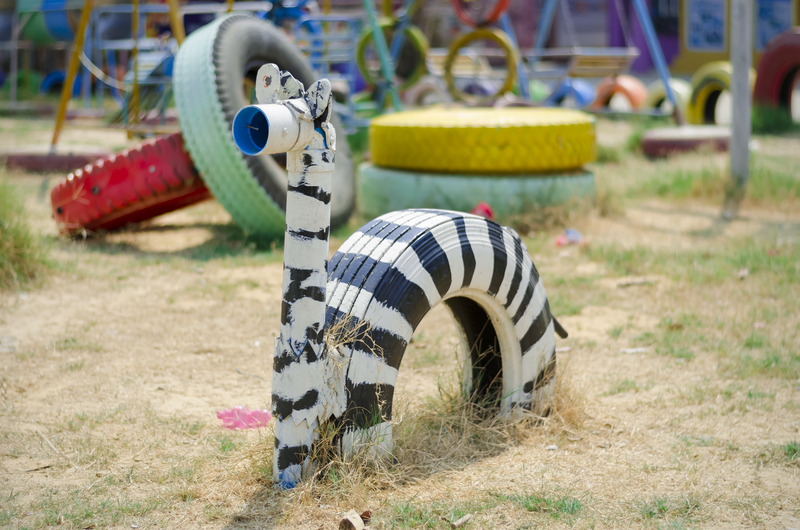 Understanding Environmental Responsibility
Understanding Environmental Responsibility Environmental responsibility refers to the duty that individuals, organizations, and societies have to act in ways that protect and preserve the natural environment.
 Understanding Environmental Responsibility
Understanding Environmental Responsibility Environmental responsibility refers to the duty that individuals, organizations, and societies have to act in ways that protect and preserve the natural environment.
 Renewable Energy from Agricultural Waste
Renewable Energy from Agricultural Waste As the world grapples with climate change and the urgent need to reduce carbon footprints, the focus is increasingly shifting toward renewable energy sources.
 Massive Rubbish Removal During Moves
Massive Rubbish Removal During Moves Moving is an overwhelming process, often accompanied by the realization of how much stuff has been accumulated over the years.
 Ways to Recycle Old Clothes
Ways to Recycle Old Clothes Recycling old clothes has become an essential aspect of sustainable living. We are living in a world where fast fashion reigns supreme, and the consequences are dire for the environment.
 Plastic Pollution in the Thames River
Plastic Pollution in the Thames River Plastic pollution in the Thames River has reached alarming levels. Studies indicate that the river contains around 3.2 million pieces of plastic per cubic metre, which poses severe risks to the local ecosystem.
 Smart Ways to Boost Home Recycling
Smart Ways to Boost Home Recycling Recycling at home is a simple yet impactful way to contribute to a sustainable environment. Boosting home recycling efforts not only helps in reducing waste but also conserves natural resources and energy.
 Marine Plastic Pollution
Marine Plastic Pollution Marine plastic pollution has emerged as one of the most pressing environmental challenges of our time.
 Turning Pallets into Stylish Furniture
Turning Pallets into Stylish Furniture One of the latest trends in DIY home decor is transforming old, discarded pallets into stylish, functional furniture.
 Minimalism Uptrend: Embracing Simplicity
Minimalism Uptrend: Embracing Simplicity In a world increasingly overwhelmed by materialism, information overload, and the hustle and bustle of daily life, many individuals are gravitating towards a simpler, more intentional lifestyle.
 Streamlined Living
Streamlined Living In a world that often celebrates excess and abundance, the concept of streamlined living offers an appealing alternative.
 Definition of a Maxi Skip
Definition of a Maxi Skip In the realm of waste management and disposal, a maxi skip occupies a pivotal role.
 Enhancing Workplace Recycling Techniques
Enhancing Workplace Recycling Techniques Recycling at the workplace is more than just a noble effort; it's a crucial aspect of environmental sustainability that can also lead to cost savings and improved workplace culture.
What we offer?